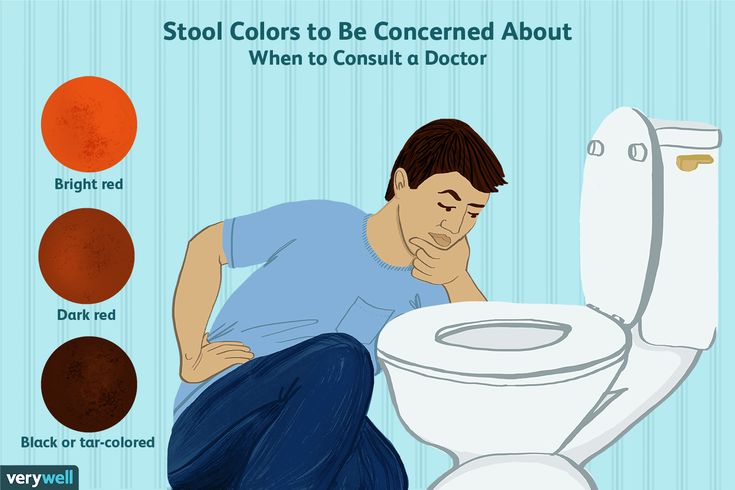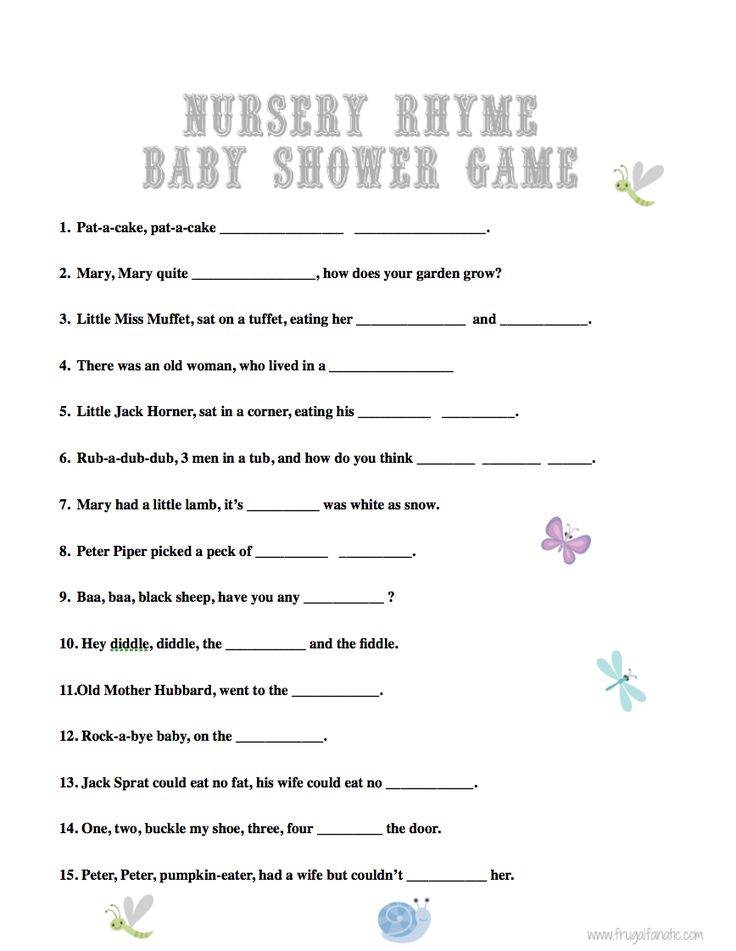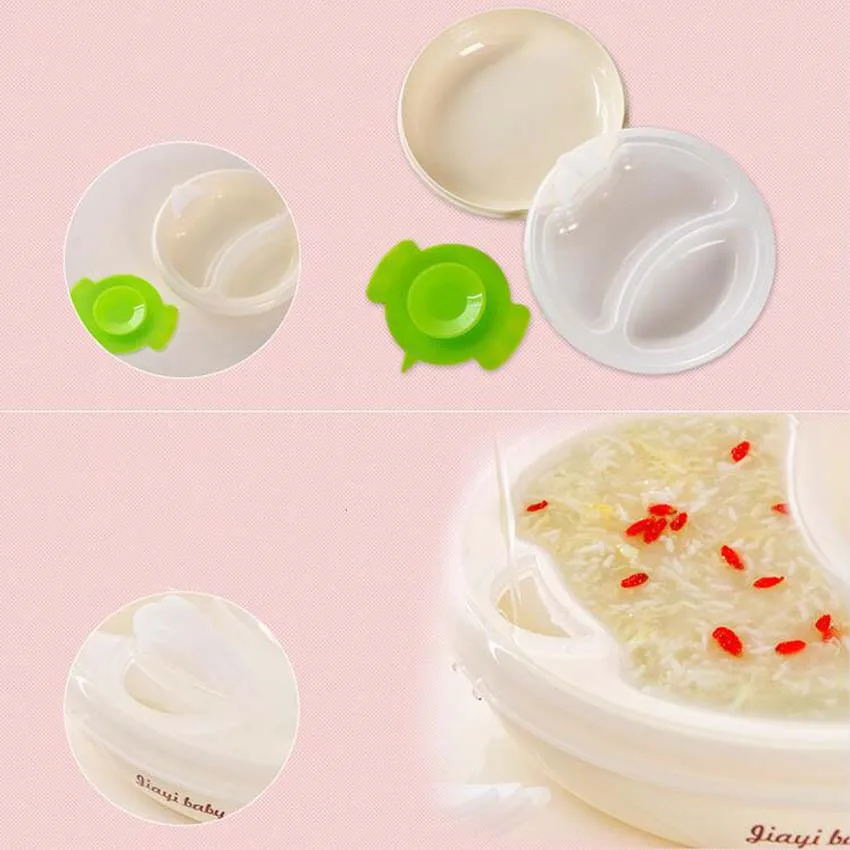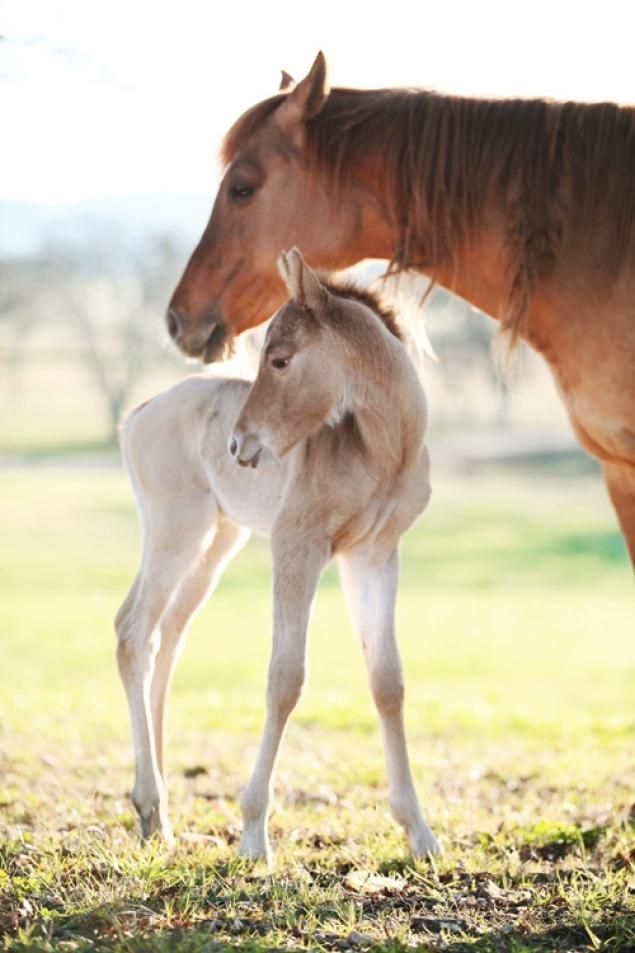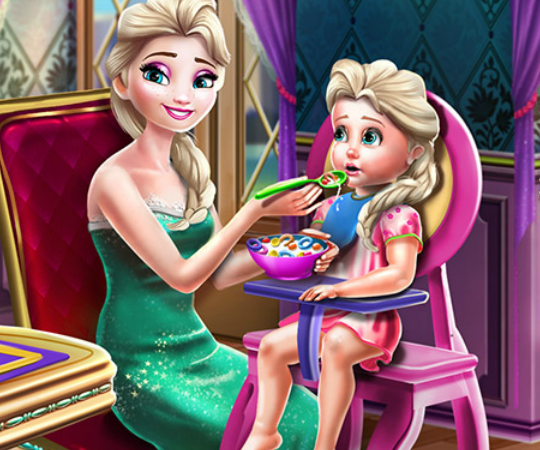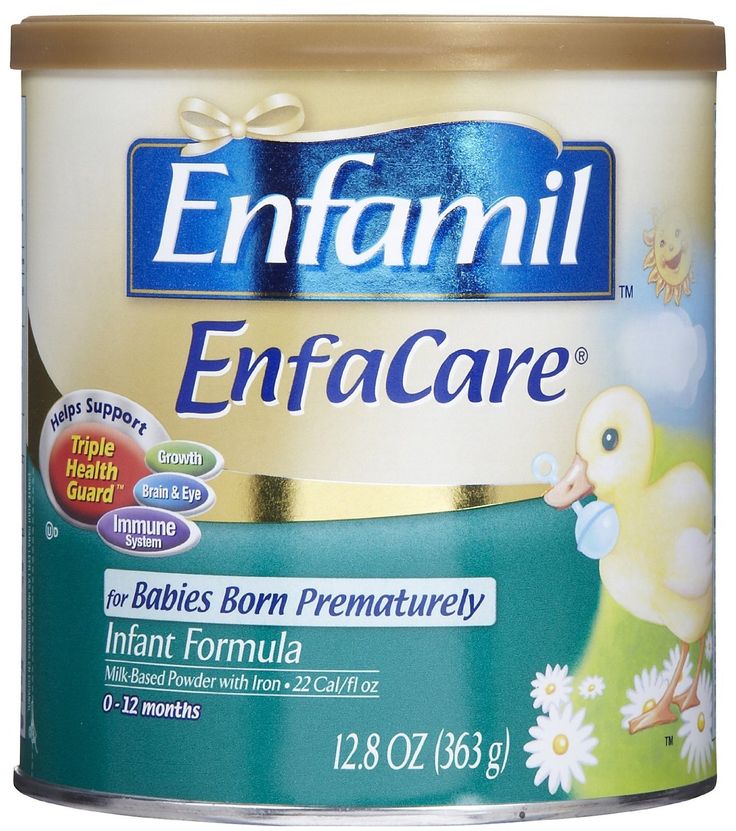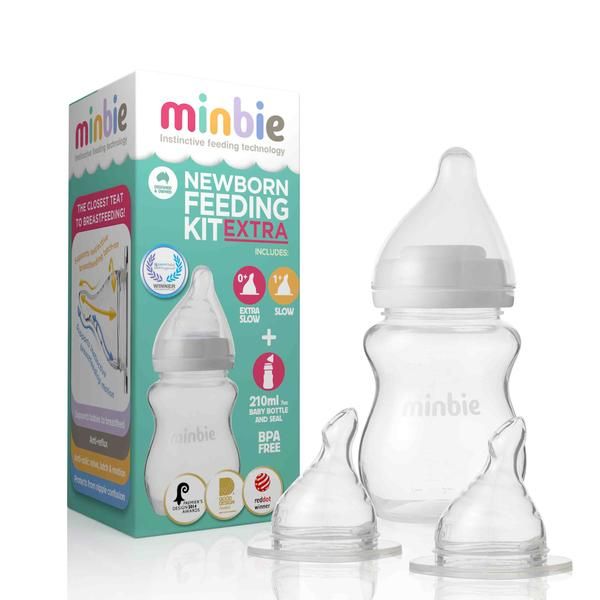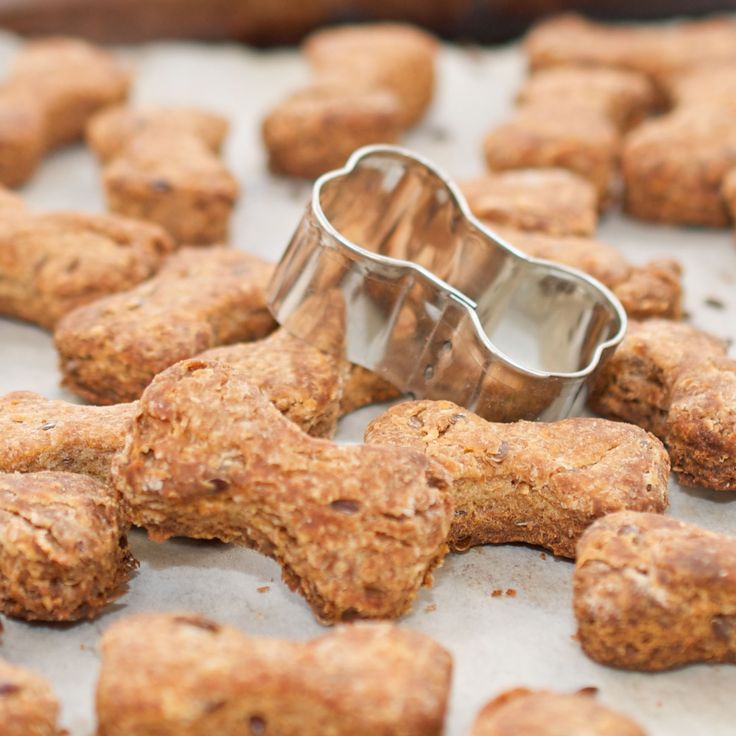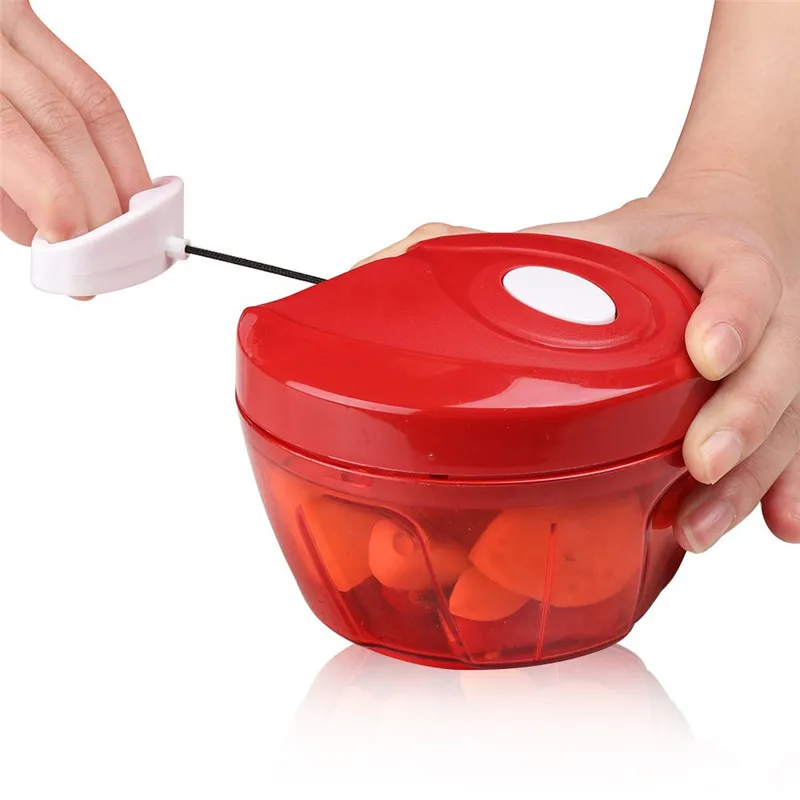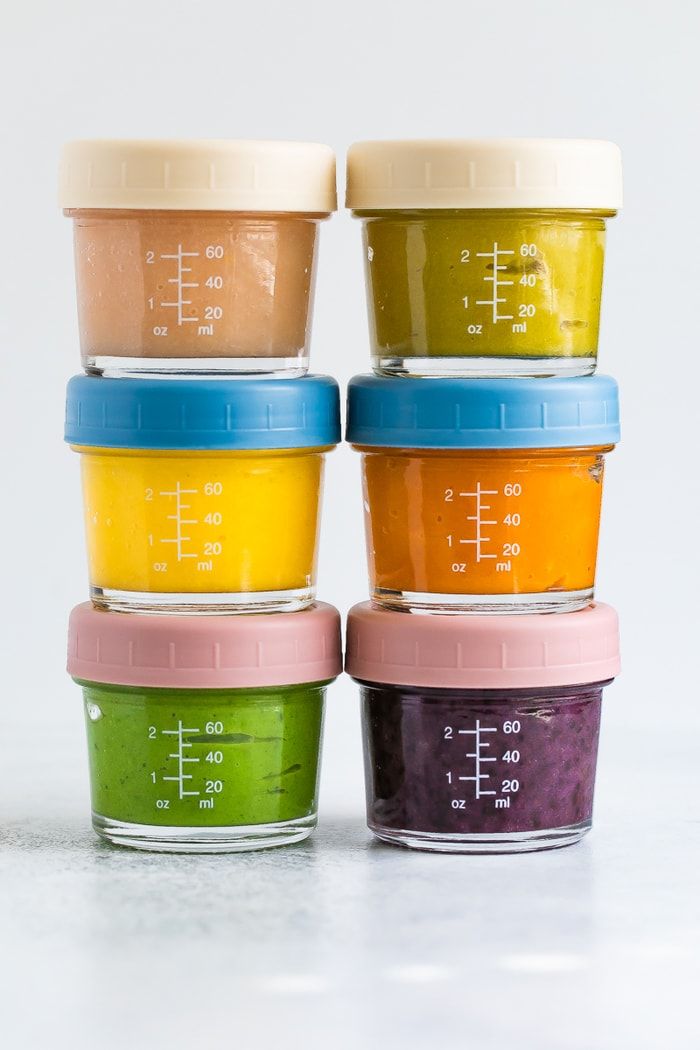Is it normal for my baby to poop during every feeding
How often should a newborn poop?
Yes, it's normal if your baby is pooping after every single feeding. You’ll quickly discover that when it comes to newborns, poop frequency comes in a wide range of normal.
Some babies are just more productive poopers than others. It’s perfectly okay to end every feeding with a diaper change, or to not see a single bowel movement for a few days. Your baby pooping a lot probably isn’t an issue, unless you’re changing three or more extra-watery diapers a day. In that case, it could be diarrhea, which is something to let your baby's doctor know about.
How often should a newborn poop?
It varies. Poop habits differ a lot from baby to baby. The average frequency is one or more bowel movements daily. But some newborns produce five or more dirty diapers a day in their first 2 weeks of life, while others go for days without pooping.
It’s not unusual for newborns to poop a lot, since they spend most of their waking hours eating. In general, breastfed babies poop more than formula-fed ones. In fact, your baby may poop while nursing and again once they’re done – which is why you may want to wait a few minutes after you're finished breastfeeding before swooping in with a clean diaper.
Because breastfed poops contain more liquid, they’ll look more watery than the stools of formula-fed babies. (See real photos of the different kinds of baby poop here.)
When a breastfed newborn poops after every feeding during the first few weeks, take it as a good sign – it means they’re getting plenty of milk. Even though formula-fed babies may have less frequent bowel movements than breastfed babies, it's normal for them to poop after every feeding as well.
The frequency of your baby's bowel movements may start to slow down by the time they're around 6 weeks old, but some babies continue their pattern of pooping after every feeding for much longer. (It’s not uncommon for some 1-year-olds to poop five times a day. )
)
How long can a baby go without pooping?
If your baby hasn’t had a bowel movement in a few days, there’s no need to immediately fear the big “C” (aka, constipation). Babies can go days, or even a week, without producing a dirty diaper. A breastfed baby can go even longer – as long as two weeks without pooping if they haven’t started on solid foods yet.
If the bowel movements your baby does make are soft, constipation probably isn’t an issue. Exclusively breastfed babies rarely get constipated because breastmilk is an economical food. Your baby gets just what they need, with little waste leftover to poop out.
True constipation in babies typically happens from a change in diet, a lack of fluids, or an illness. The telltale sign is hard, dry stools. If your baby is constipated, they may get extra fussy and look like they’re straining uncomfortably when they try to go.
Should I ever be worried about my baby pooping a lot?
Generally, if your baby's bowel movements are fairly consistent and they’re acting like their usual self, frequent poops aren't a cause for concern. However, if there's a sudden change in your baby's pooping pattern and their stool becomes watery, check with their doctor. Very watery bowel movements could be a sign of an infection.
However, if there's a sudden change in your baby's pooping pattern and their stool becomes watery, check with their doctor. Very watery bowel movements could be a sign of an infection.
Call the doctor if your baby has any of these other poop-related symptoms:
- Pulling their legs up to their stomach (a sign that their tummy hurts)
- Straining to have a bowel movement
- Poop that looks like small, hard pebbles or is extra watery
- Irritability
- A swollen belly
- Blood in their poop
If my baby is pooping a lot, are they more prone to diaper rash?
Babies who have frequent bowel movements can be more susceptible to diaper rash. Constant contact with stool can irritate the sensitive skin on their bottom.
The best way to prevent diaper rash is to keep your baby’s bottom clean and dry. To start, change their diapers more often. Wash their skin clean with warm water during each change.
You may want to coat the area with a diaper rash cream or a product containing zinc oxide or petroleum jelly to create a barrier.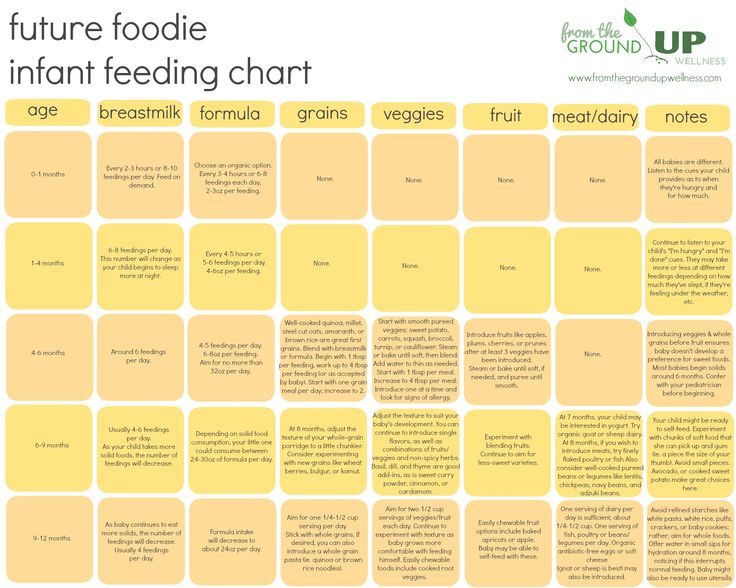 And instead of putting on a new diaper right away, let your baby go diaper-less for a little while each day so their bottom can fully air dry. If these tips don’t relieve the diaper rash, give your baby's doctor a call.
And instead of putting on a new diaper right away, let your baby go diaper-less for a little while each day so their bottom can fully air dry. If these tips don’t relieve the diaper rash, give your baby's doctor a call.
Read more:
A new parent's guide to baby poop
Age-by-age guide to feeding your baby
How much formula newborns and babies need
advertisement | page continues below
Why Does My Baby Poop Every Time He Eats?
As a new mom, you may be concerned and anxious to see your baby poop every time after feeding them. You may be wondering if it is normal for your baby to poop after every feed or if your baby poops too much.
Just relax because it’s normal for babies to poop after every feed. Pooping after every meal is actually a good sign that your baby is getting plenty of milk. To know more about this keep reading.
In This Article
- Is it Normal for My Baby to Poop After Every Feed?
- Do Breastfed Babies Poop More?
- How Many Times a Day do Formula Fed Babies Poop?
- How Often Does a Baby Poop After Starting Solids?
- Frequent Pooping and Diaper Rash in Babies
- When is Frequent Pooping in Babies Not Normal?
- FAQ’s
Is it Normal for My Baby to Poop After Every Feed?
Yes, it is perfectly normal for babies to poop after every feeding session.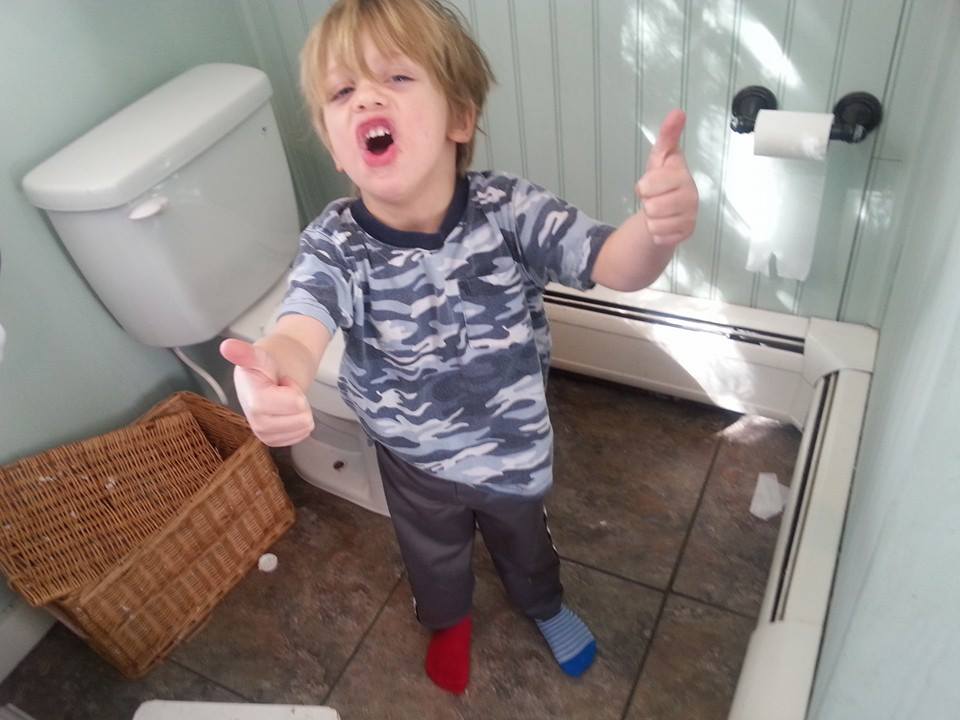 Some babies poop after every feed and sometimes a little later. In fact, pooping after every feed indicates that your baby is in good health and getting enough milk. The frequency of stools can slow down after 3 to 6 weeks of birth as your baby’s stomach grows and they settle into a routine.
Some babies poop after every feed and sometimes a little later. In fact, pooping after every feed indicates that your baby is in good health and getting enough milk. The frequency of stools can slow down after 3 to 6 weeks of birth as your baby’s stomach grows and they settle into a routine.
But then some babies still continue pooping after every feed for as long as one year. Every baby is different. So, if your baby’s bowel movements are fairly consistent and they are their usual cheerful self, there is nothing to be concerned about frequent poops.
Do Breastfed Babies Poop More?
Pooping after every feed is common among breastfed babies. They poop more frequently than formula-fed babies. This is because breast milk contains immunoglobulins. These are substances produced by the body’s immune system. They also work as a natural laxative and are very helpful for clearing meconium in the initial days. They also prevent constipation in breastfed babies.
They also prevent constipation in breastfed babies.
It’s quite normal for some babies to have fewer bowel movements after 6 weeks. There may be cases where your baby may be pooping only once a week. But there is nothing to be alarmed about unless their stools are hard or are constipated. Your baby is getting the right balance of foremilk and hindmilk if they produce soft and easy-to-pass stools.
How Many Times a Day do Formula Fed Babies Poop?
Formula-fed babies generally pass fewer stools than breastfed babies. This is for the simple reason that formula can be harder to digest, and, as a result, it takes longer to pass through your baby’s system. But there may be instances where formula-fed babies will be pooping after every feed, especially during their early weeks.
How many times a formula-fed baby poops in a day differs from baby to baby and this also changes as your baby grows.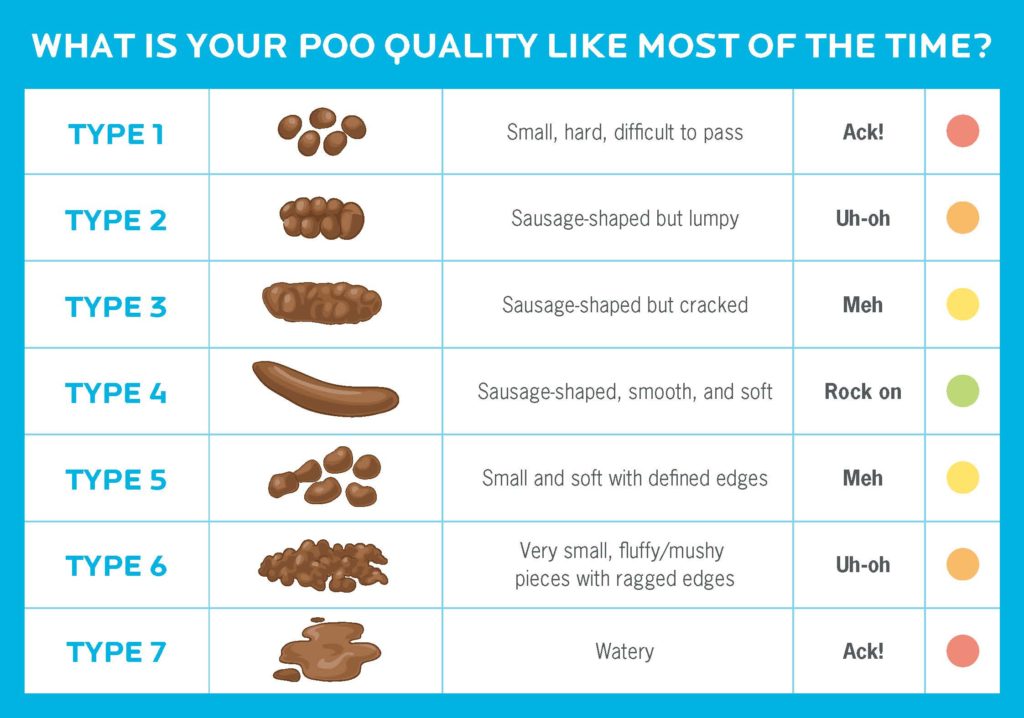 For some formula-fed babies, during the first month, three bowel movements are considered normal while for others the frequency can go up to 5 poops a day.
For some formula-fed babies, during the first month, three bowel movements are considered normal while for others the frequency can go up to 5 poops a day.
Between 1-2 months, the frequency of bowel movements changes in babies. For some babies, passing stool once every two days is also considered normal. Just keep in mind that as long as the poop has the consistency of peanut butter, there is nothing to worry about.
How Often Does a Baby Poop After Starting Solids?
Once your baby starts solids around six months, the frequency of his poop will be affected. The frequency, color, and smell of the poop will change once your baby is on solid feed. Your baby may poop, several times in a day or he may go without a bowel movement for several days.
We can attribute this to their immature digestive system.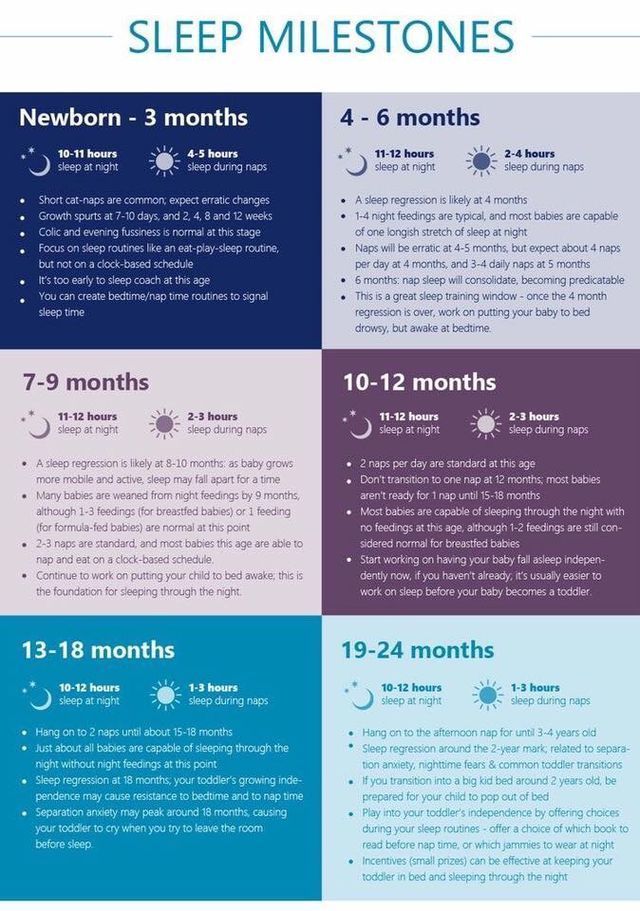 When your baby’s system is matured enough to process solid food efficiently, you will notice that the bowel movement of your baby returns to normalcy once again.
When your baby’s system is matured enough to process solid food efficiently, you will notice that the bowel movement of your baby returns to normalcy once again.
Frequent Pooping and Diaper Rash in Babies
Babies who pass frequent stools after every feed are more prone to diaper rash. Use a diaper rash cream in case your baby develops a rash and the area has turned red. Also, try and let your baby go without a diaper for a little time each day so that their bottom dries fully. All this will help the diaper rash to get better, but if nothing works, do consult your baby’s doctor.
When is Frequent Pooping in Babies Not Normal?
As we mentioned earlier that if your baby’s poops are soft and easy to pass, there is nothing to worry even if your baby is pooping after every feed. However, frequent pooping can also be a sign of diarrhea. Your baby may have diarrhea if:
- His poops are runny or liquid in consistency.
- Your baby is pooping more often than usual and passing large amounts of stool.
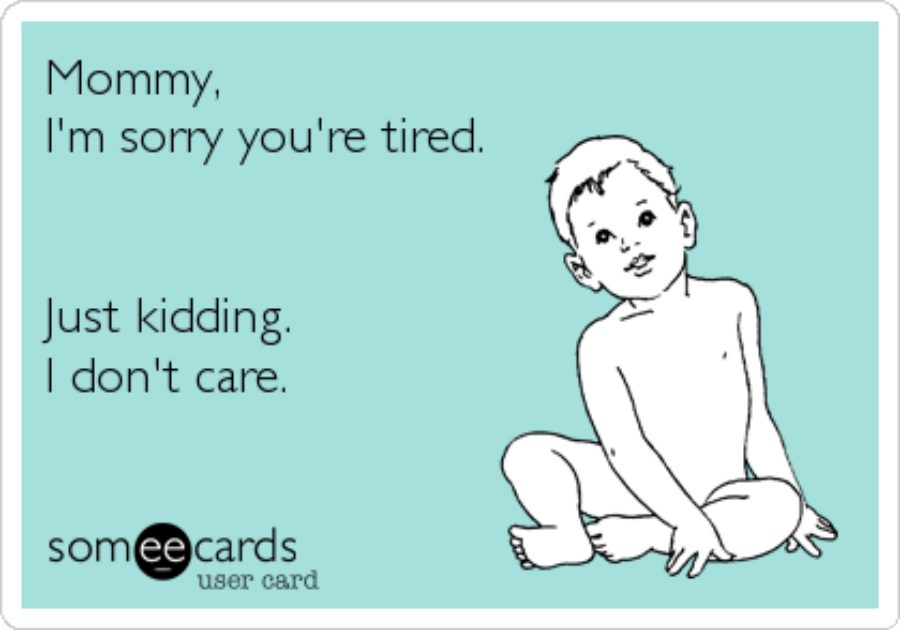
- Their poops are explosive and spurting out of his bottom or running down his leg.
In such cases, you will also need to figure out the cause of diarrhea. Now, there can be various causes of diarrhea in babies:
- Digestive tract infection
- Allergic reaction to a food
- Intake of too many fruits or juices
- Reaction to a medicine
Diarrhea should go away without treatment within a period of 24 hours. However, if it lasts longer than that and is accompanied by fever, then it is advisable to check with your baby’s doctor to avoid dehydration in your baby. In the meantime, keep feeding your baby with milk and food and keep a close eye for any signs of dehydration in your baby.
Did your baby also poop every time he ate? How often did your baby have a bowel movement? Do share your experience in the comments section below.
FAQ’s
1. Do all Babies Poop During Breastfeeding?
Many babies do. Their bowels are relaxed when their stomachs are full.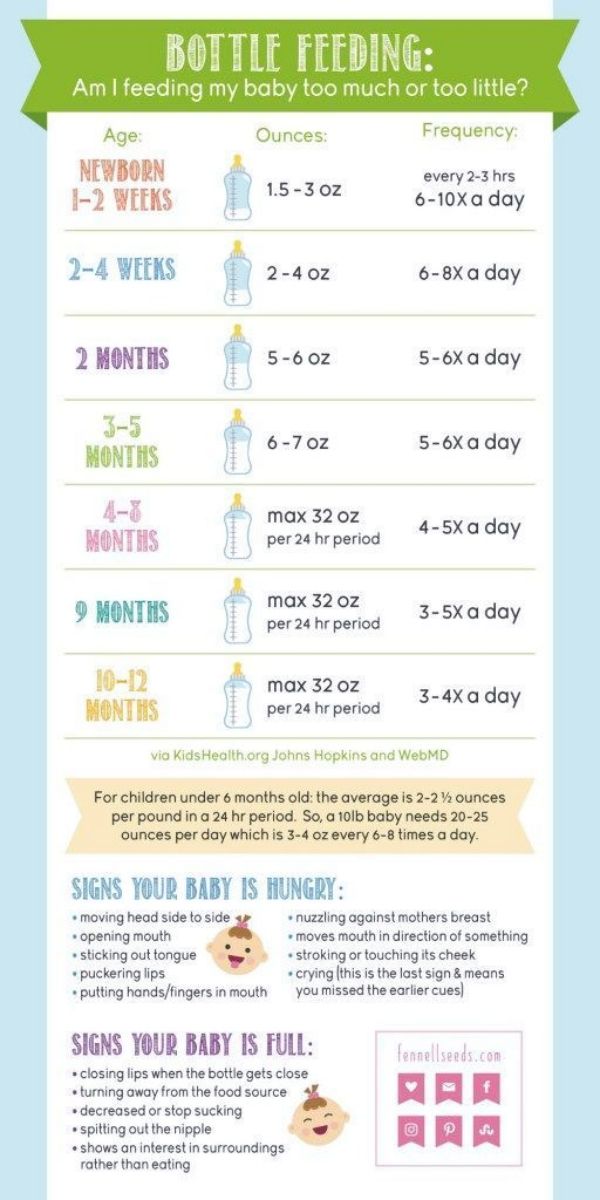 The digestive system is getting into a routine.
The digestive system is getting into a routine.
2. Does Breast Milk Cause More Poop Than Formula?
Yes, it does. Breast milk contains natural laxatives to help remove the meconium. This is very common and nothing to worry about.
3. Do Formula Fed Babies Struggle to Poop?
Formula milk can be hard to digest for some babies. Some babies poop freely. It depends on how each baby digests the formula.
4. Can Babies Have Diarrhea Due to Milk?
Yes, to an extent. However, if your baby is pooping too frequently or is very watery, consult your doctor. This could indicate a health issue.
What to do if the child poops after every meal?
A child's stool is one of the most important indicators of the functioning of his digestive system. It perfectly reflects what the baby ate, how much food he ate and how his body reacted to it. That is why young parents need to constantly check the contents of a newborn's diaper or the discharge of an older child.
However, with such control, many mothers ask - why does the child poop after almost every meal, and is this normal? It’s worth starting with the fact that each baby is individual. How many times he defecates can depend on many factors.
There is no strict standard for this indicator. Of course, constipation or diarrhea are manifestations of indigestion, but there is no need to immediately panic. It is worth understanding the reasons for this phenomenon and consulting with a specialist.
Contents
- How many times should a baby poop?
- Age norms for defecation of children
- Additional criteria for normal stool
How many times should a baby poop?
The first thing young parents should remember is that their child owes nothing to anyone.
The number of visits to the child's toilet depends on many factors
Moments that directly affect the number of bowel movements in a child are:
- Age.
 The older the child, the less often it defecates;
The older the child, the less often it defecates; - The degree of development of the digestive system. This is especially noticeable in newborn boys and girls;
- Power type. Formula-fed babies poop a little less than breast-fed babies;
- Presence of concomitant pathology. A variety of disorders of the gastrointestinal tract can bring an imbalance in the normal mode of defecation from an early age of the baby.
In connection with these nuances, it is necessary to understand that if a child poops after each meal or 1 time in 2 days, then this may be normal in both cases.
The main criteria by which it is worth evaluating the physiology and "normality" of this process are:
- General well-being of the baby. It is necessary to pay attention to the facial expression of the crumbs at the time of defecation, to the sounds that she makes. When instead of the usual groaning there is a loud cry, then something definitely disturbs her;
- Regularity.
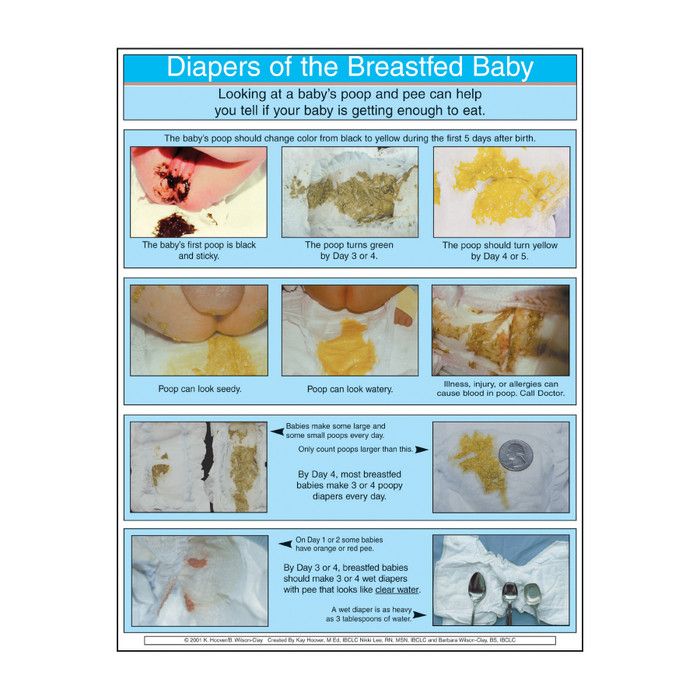 8-10 times after each feeding indicates good intestinal motility. However, 1 bowel movement, but every 2 days, is also an indicator of the stability of the functioning of the gastrointestinal tract. The main thing is the well-being of the child;
8-10 times after each feeding indicates good intestinal motility. However, 1 bowel movement, but every 2 days, is also an indicator of the stability of the functioning of the gastrointestinal tract. The main thing is the well-being of the child; - Presence of pathological impurities. The usual feces are mushy, yellowish in color. If particles of pus, mucus, blood or undigested fragments are found in it, look for it, then you should consult a pediatrician.
Age norms for defecation of children
The older the child, the fewer trips to the toilet should be.
It must be understood that over time, the digestive tract matures more and more and begins to function like in adults. This is manifested by a decrease in the frequency of bowel movements.
To avoid confusion about how many times a baby should poop, there are conditional normative indicators of this process, depending on age.
They look like this:
- 1-3 months - 10-12 times a day.
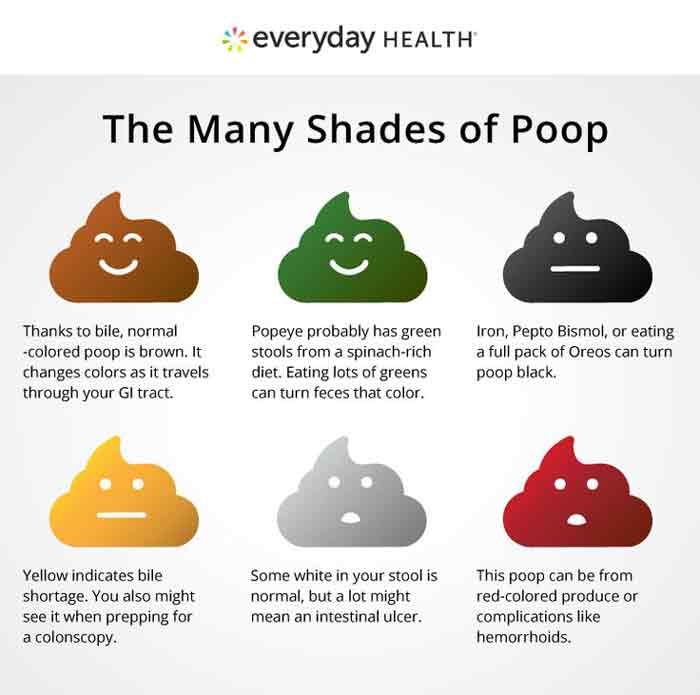 The child can defecate after each meal;
The child can defecate after each meal; - 3-6 months - 4-7 times a day;
- 6-12 months - 2-3 times;
- In children after 12 months, defecation occurs on average 1-2 times a day. If a child poops after every meal for a year, then you should carefully monitor his diet. Such an increase in the number of bowel movements may indicate the presence of a disease, so it is better to consult a doctor.
Additional criteria for normal stools
In addition to the number of trips to the toilet, parents need to monitor the nature of the feces. This is especially important during the neonatal period. In the first 3 days, when the baby is still in the hospital, doctors constantly ask mothers if he pooped, and how.
stools in children can be both frequent and not very
Important criteria to pay attention to are:
- Number of stools. The first days one bowel movement is approximately 5 g. At 6 months 40-50 g, and closer to a year - 100-150 g;
- Colour.
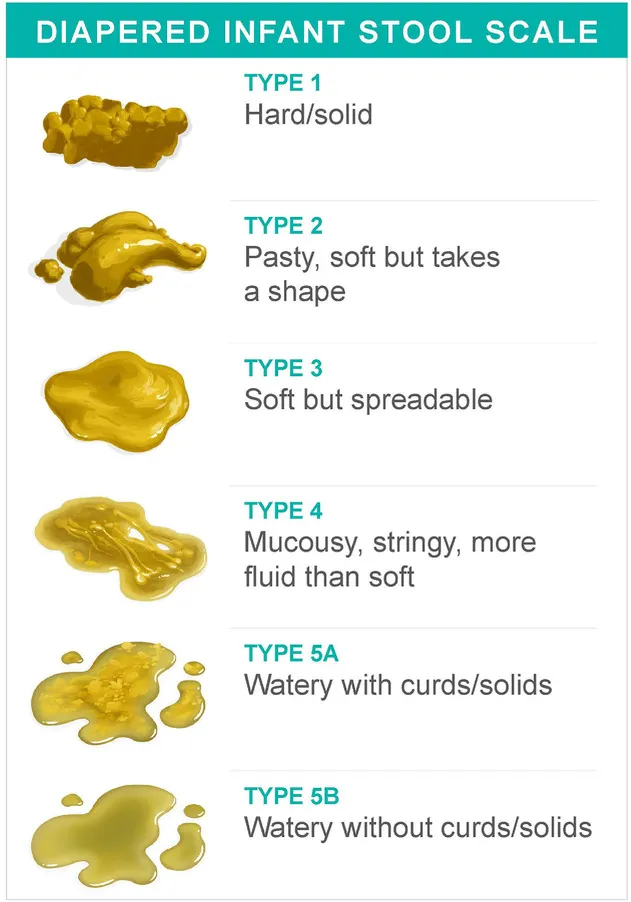 The original feces (meconium) are green in color. During breastfeeding, yellow remains the most characteristic color. There may be different variations of it, which is due to the individual characteristics of the organism. After the introduction of complementary foods, it begins to darken and closer to the year it can become completely brown;
The original feces (meconium) are green in color. During breastfeeding, yellow remains the most characteristic color. There may be different variations of it, which is due to the individual characteristics of the organism. After the introduction of complementary foods, it begins to darken and closer to the year it can become completely brown; - Smell. In infants who are breastfed, the stool has a slightly acidic odor. Then, as with artificial nutrition, it is more rotten;
- Additional components in the stool. If the mother saw undigested food particles (vegetables, fruits: bananas, apples), white lumps (clots of fat), green streaks of mucus in the feces of a newborn, then you should not immediately panic. In most cases, this is due to the continuing adaptation of the infant's body to the environment. However, impurities such as pus or blood should alert parents. In any case, it is better to contact the local pediatrician for advice.
Watching your baby's bowel movements is a very serious responsibility in the early stages of his life.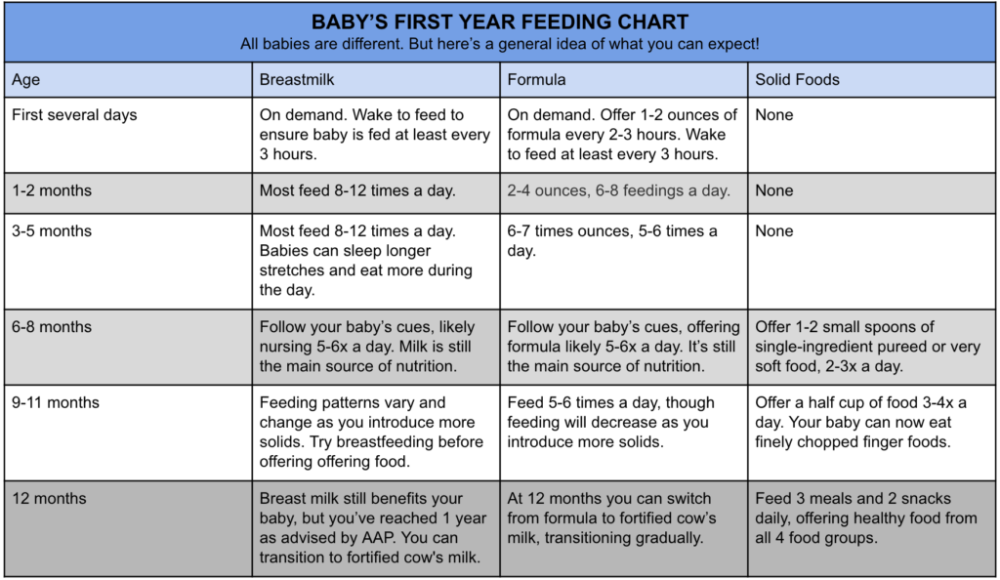 Therefore, it is very important to understand what is worth paying attention to. If the child poops after every meal, he may be ill and needs the help of a doctor. The health of children is the most precious thing for their parents.
Therefore, it is very important to understand what is worth paying attention to. If the child poops after every meal, he may be ill and needs the help of a doctor. The health of children is the most precious thing for their parents.
What is normal breastfeeding? | Interview with Dr. Jacqueline Kent
It can be difficult for new mothers to understand if breastfeeding is going well, so we decided to ask the expert if it is possible to talk about the norms when it comes to breastfeeding.
Share this information
Dr Jacqueline Kent , Research Fellow , Hartmann Human Lactation Research Group:
Jacqueline joined the University of Western Australia research group in 1986 and received her PhD in 1999. She is currently researching the biochemical and physiological aspects of breast milk synthesis and release in search of scientific information to help mothers breastfeed longer.
Dr. Jacqueline Kent and her colleagues have been studying breastfeeding for many years.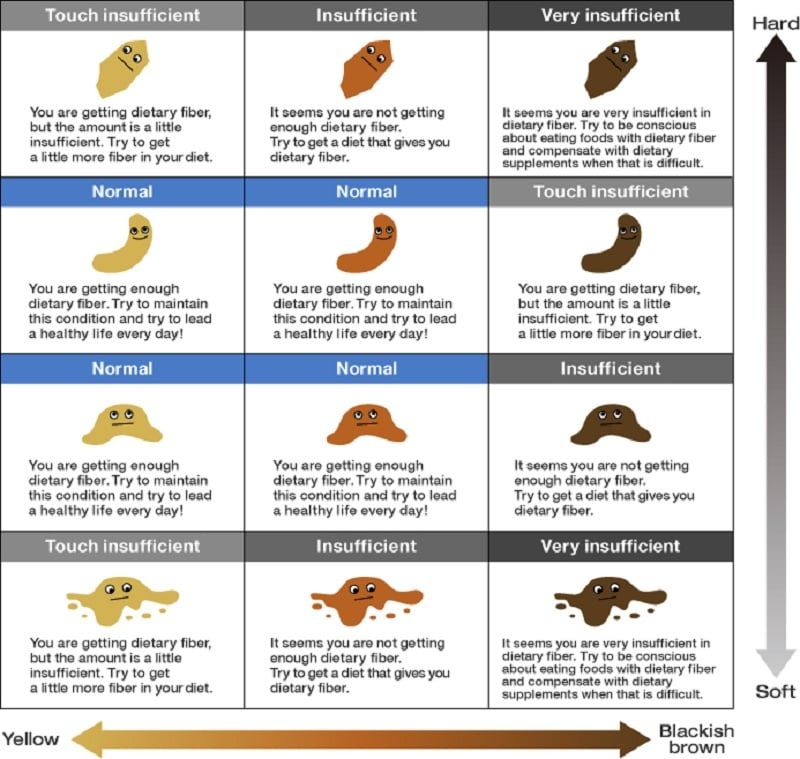 As it turned out, for all mothers and babies, this process occurs in its own way.
As it turned out, for all mothers and babies, this process occurs in its own way.
What were the most surprising results of your research?
Variety. It turns out that the limits of the norm are extremely wide.
We are used to textbooks that say that an infant should eat 8-12 times a day and gain 150 grams per week. But babies don't read textbooks and do things their own way! Some gain weight more slowly, others very quickly.
We looked at infants aged one to six months who were exclusively breastfed. As our studies have shown, on average, a child is breastfed 4 to 13 times a day, and the duration of one feeding varies from 12 minutes to 1 hour. 1
How much milk do breastfed babies usually consume?
According to our research, the amount of milk consumed by baby
ranges from 54 to 234 ml per feeding. 1
Sometimes it seems to the mother that the baby has eaten well, but when weighed, it turns out that he ate very little milk.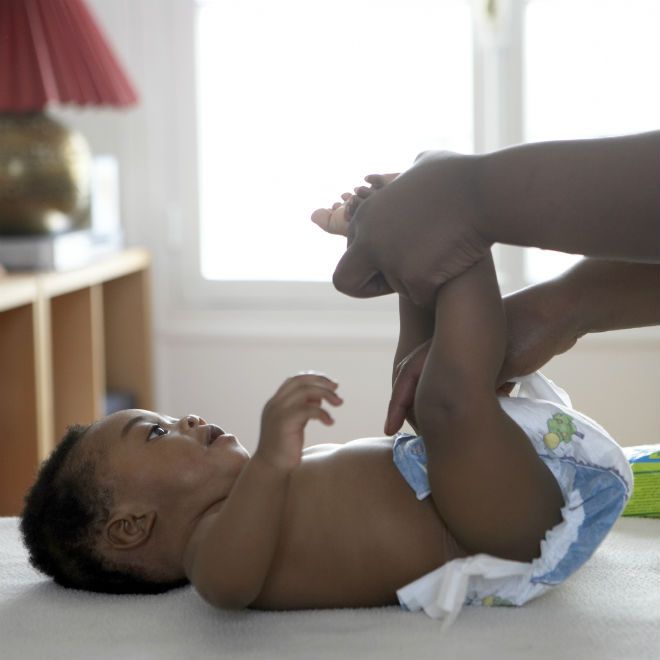 And it happens the other way around: the child is distracted, breastfeeds for only a few minutes and still eats 100 ml of milk. Even if the baby is restless, this does not mean at all that he is malnourished.
And it happens the other way around: the child is distracted, breastfeeds for only a few minutes and still eats 100 ml of milk. Even if the baby is restless, this does not mean at all that he is malnourished.
All babies are different, but all of them somehow get as much milk as they need. One needs 500 ml of milk per day, while others eat up to 1356 ml!
By the way, boys on average eat 76 ml more milk per day than girls. The main thing is that you have enough milk, and the baby will decide when and how much he will eat.
Should I offer my baby a second breast?
I advise offering the second breast to the baby after the first has been completely emptied. If he accepts it, then he hasn't finished eating. If not, don't worry. Let the baby decide for himself - only he knows when he is full. According to our research, 30% of babies get enough milk from one breast, 13% eat from two breasts at each feed, and 57% from time to time. 1
How do you know if a baby is getting enough milk?
In my experience, mothers often blame themselves for not producing enough milk.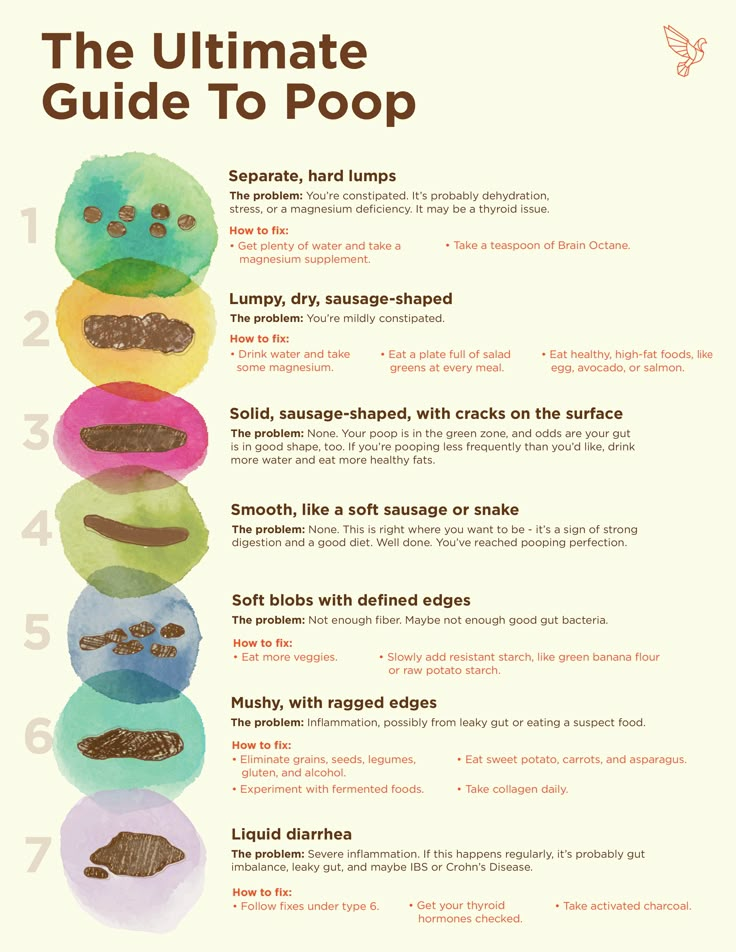 Ask yourself: Is my child growing? Is he gaining weight? Is he cheerful? Is his skin healthy? How often does he get diapers dirty? If the answer is “yes”, then the baby is getting enough milk, no matter if he eats a lot or a little.
Ask yourself: Is my child growing? Is he gaining weight? Is he cheerful? Is his skin healthy? How often does he get diapers dirty? If the answer is “yes”, then the baby is getting enough milk, no matter if he eats a lot or a little.
What is the most common misconception about breastfeeding?
Mothers usually think that the older the child gets, the
more often you need to feed him and the more milk he will eat. They are often surprised to learn that between the 4th and 26th weeks, total milk production normally does not change. 2
In the first few months, the baby grows very quickly and his metabolism is accelerated. The milk that the child consumes during this period is almost completely used for growth and maintenance of metabolism.
Between the ages of three and six months, metabolism slows down and growth slows, so the same amount of milk is sufficient for the baby. In other words, the baby does not need to consume more and more milk as they grow older. On the contrary, feedings become shorter and less frequent, but at the same time the child receives the same amount of milk, because he suckles better.
On the contrary, feedings become shorter and less frequent, but at the same time the child receives the same amount of milk, because he suckles better.
Do studies say anything about the age at which breastfed babies start sleeping through the night?
Most babies need to be fed at night.
A baby's stomach is not large enough to go all night without a feed, and breast milk is digested very quickly. Therefore, it is natural for the baby to wake up at night - and this usually continues for at least the first six months. Feeding at night is normal. When you feed your baby at night, do not even hesitate - all over the world at this moment other mothers of babies of the same age are doing the same. Be patient - it usually only lasts a few months. 1
What worries new mothers the most during the first few weeks of breastfeeding?
The most common concern is whether the baby latch on correctly, sucks well, and is full during feeding. Often mothers also worry about sore nipples.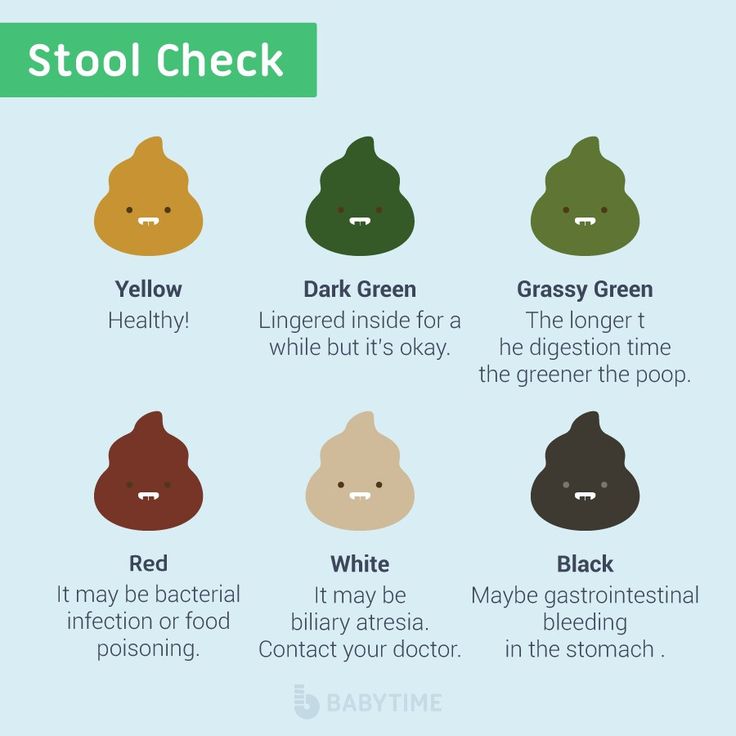 The main thing is to find the right position for feeding from the very beginning and ensure that the baby is latching on correctly. Practice shows that this significantly affects the flow of milk and the convenience of feeding.
The main thing is to find the right position for feeding from the very beginning and ensure that the baby is latching on correctly. Practice shows that this significantly affects the flow of milk and the convenience of feeding.
What breastfeeding symptoms should be of concern?
Milk production usually returns to normal levels two weeks after delivery. If the child does not begin to gain weight on the fifth or sixth day of life, it's time to sound the alarm. You should contact your doctor to make sure that milk is being produced and that its composition is changing from colostrum to mature breast milk.
What advice would you give to a new breastfeeding mother?
Try to ensure skin-to-skin contact with the baby as soon as possible after delivery. If possible, feed your baby within the first hour of life, or at least breastfeed. As soon as possible, contact a specialist to correct the position and grip of the breast during feeding and thus avoid damage to the nipples.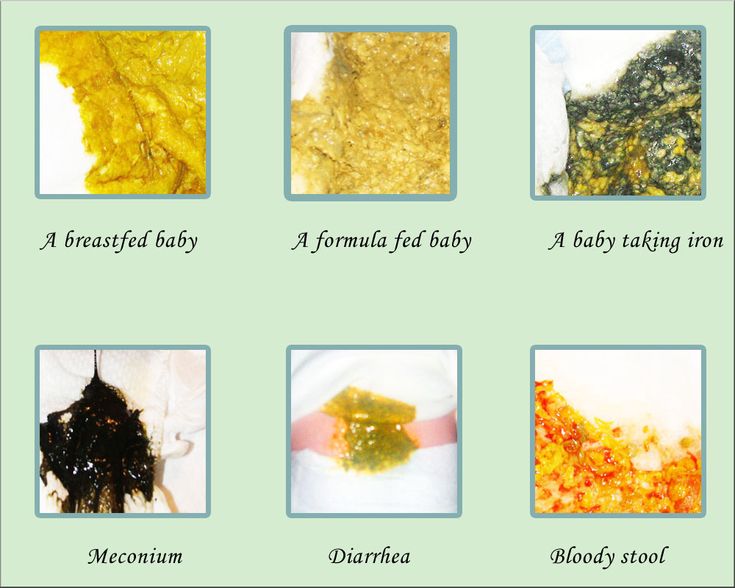
Feed frequently. Young mothers do not immediately succeed in correctly recognizing the signals that the child gives. Be sure to feed your baby on demand, and not at set intervals. Offer the breast as soon as you notice any signs of hunger - as a rule, the baby suckles better when he is calm. If he cries, it is more difficult for him to take the breast. If you are not sure what the child wants, offer him the breast. He decides whether he wants to eat or not.
To learn more about Dr. Kent's research, download infographic "How to determine the limits of the norm when it comes to breastfeeding" or see it below.
Literature
1 Kent JC et al. Volume and frequency of breastfeedings and fat content of breast milk throughout the day. Pediatrics . 2006;117(3): e 387-395. - Kent J.S. et al., "Amount and frequency of breastfeeding and fat content of breast milk during the day." Pediatrics (Pediatrics).